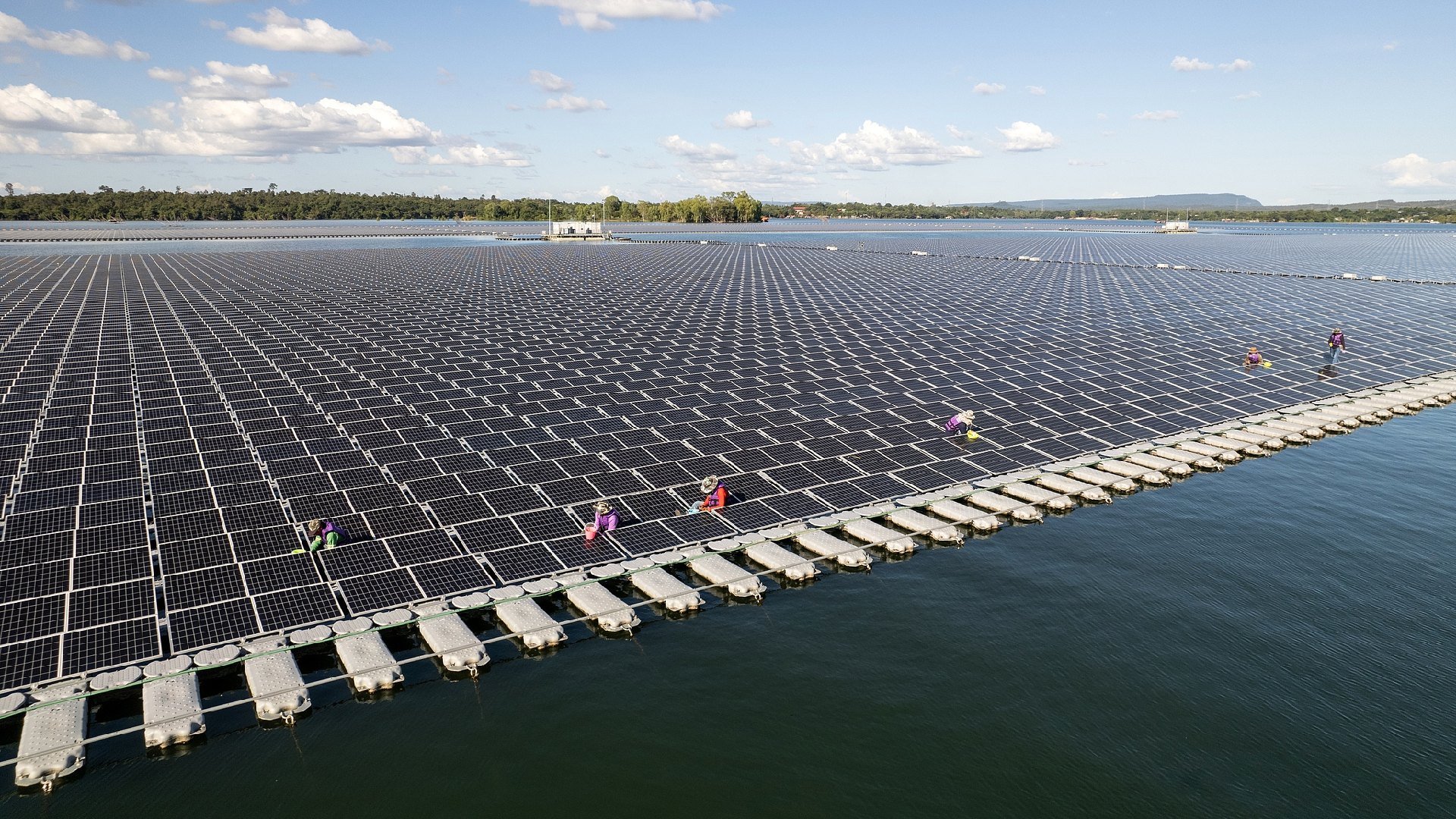APEC promotes climate initiatives through international collaboration
As the challenges posed by climate change grow more pressing, APEC members are increasing their collaborative efforts to promote sustainable and inclusive growth. This commitment is reflected in various initiatives designed to tackle both climate change and economic disparities, which were emphasized during recent APEC forums and events.

"While the global economy remains resilient, APEC economies face challenges such as persistent inflation, economic disparities, and an urgent need for greater investment in green, climate-resilient infrastructure," stated Julia Torreblanca, chair of the APEC Business Advisory Council, highlighting the necessity for ongoing action.
Over the last decade, APEC economies have achieved notable progress in their fight against climate change. The APEC Regional Trends Analysis, released in November 2021, reported that between 2008 and 2020, forest cover in the region expanded by 22.7 million hectares, while green bond issuances hit $92.3 billion in 2020 to facilitate sustainable projects. APEC members are committed to doubling the share of renewables in their energy mix by 2030, showcasing their dedication to lowering carbon emissions.
A significant area of focus for APEC is the Bio-Circular-Green economy model, which was approved during the 2022 APEC Economic Leaders' Meeting in Bangkok. This model emphasizes the integration of circular practices with technology and innovation to minimize waste and optimize value, thus promoting resilience and sustainable development.
In November 2023, a high-level forum held in San Francisco gathered scholars, delegates, and executives from APEC economies to deliberate on strategies for a clean energy transition that is inclusive, equitable, and resilient. Julia Torreblanca reiterated the critical need for investment in green infrastructure, stating, "Greater investment in climate-resilient infrastructure is critical."
In May 2024, APEC's Emergency Preparedness Working Group highlighted the significance of enhancing disaster resilience. Juan Castro, Peru's Minister of Environment, pointed out the innovative opportunities presented by climate change: "Climate change is not only a challenge but also an opportunity for institutional change, allowing us to re-envision our economies."
In tackling these challenges, scientific research and technology have become increasingly pivotal to APEC's strategy. During the 2024 APEC Climate Symposium held in Lima in August, experts emphasized the escalating economic costs associated with natural disasters, which have risen significantly since the 1980s.
Peru's Vice Minister of Environment, Raquel Hilianova Soto, pointed out the growing economic impact of natural disasters, noting that annual damages surged from $52 billion in the 1980s to $232 billion in the early 2020s. "Science, research and technology are essential to mitigating these impacts and enhancing resilience," Soto remarked.
Jing Ran, director of the School of International Trade at the University of International Business and Economics in Beijing, observed that APEC's emphasis on technology, the digital economy, and climate change reflects the collective interests of Asia-Pacific nations. This alignment underscores APEC's crucial role in promoting regional cooperation to address one of the most significant global challenges.
Thomas Evans contributed to this report for TROIB News
Discover more Science and Technology news updates in TROIB Sci-Tech












